Microsoft exec touts benefits of AI productivity gains
Internal productivity returns and cost savings have ramped up revenue and may mean parts of Microsoft can cap headcounts
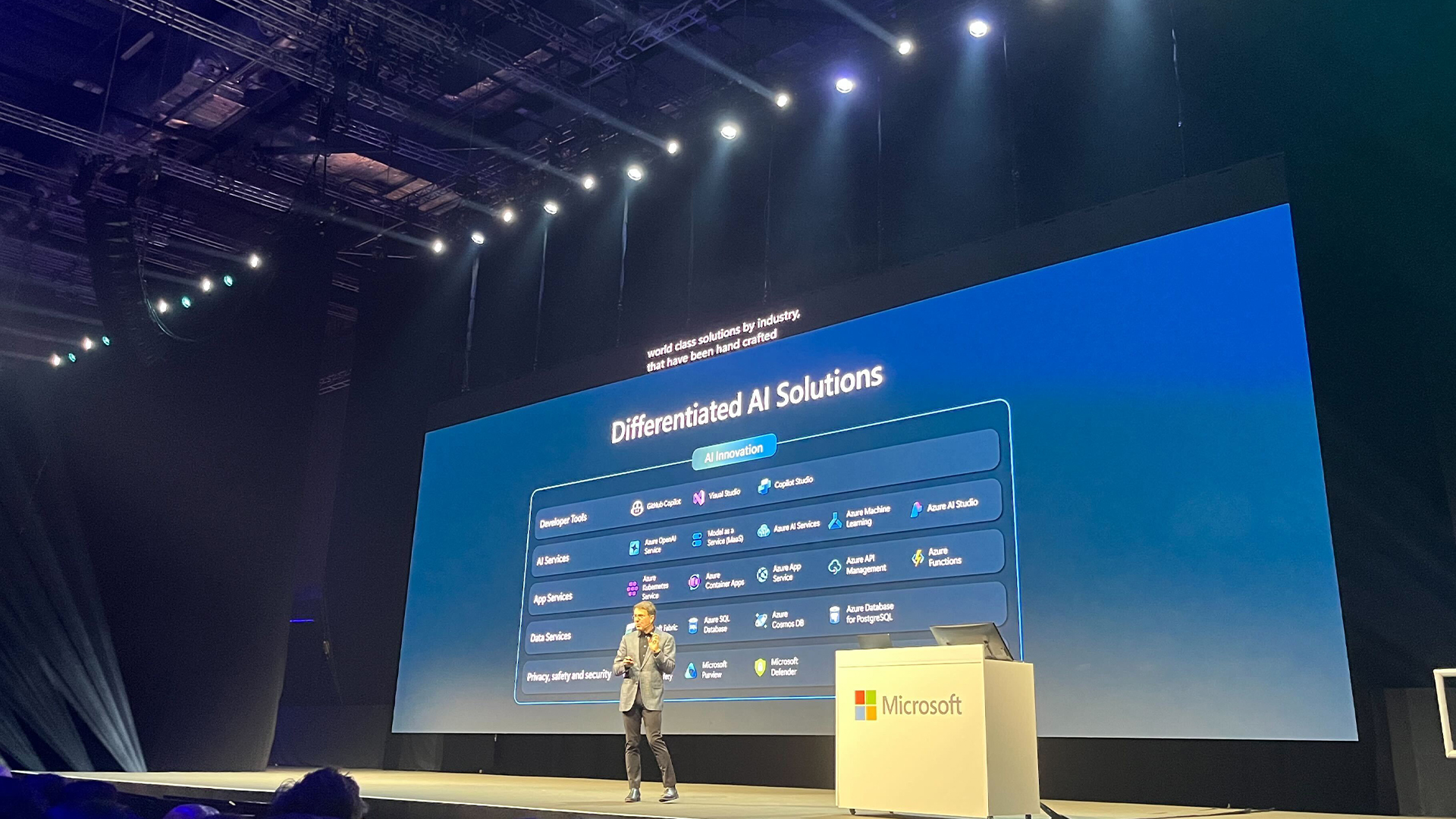

Microsoft has unlocked significant productivity and efficiency gains on the back of its internal adoption of AI tools, according to comments made by Microsoft CCO Judson Althoff at the company’s AI Tour London event.
Speaking during the keynote address, Althoff said Microsoft is optimistic about the cost savings delivered by AI tools, and his division will not create any additional roles over the next three years as a result.
“We have a set of the top 10 projects that are going to create the next billion dollars worth of savings inside of our organization,” Althoff told attendees.
“So much so that I've gone to my board and I've committed that we're going to continue to grow revenue in the mid teens, our current rates, without adding any incremental headcount for the next three years,” he added.
Althoff had mentioned earlier in his talk that Microsoft 365 Copilot has been deployed to all 65,000 of the firm’s employees, and that it’s already delivering promising results based on the measurements across its subsidiaries.
“I can tell you that my top quartile of copilot users generate 10% more pipeline, have 23% faster close rates, and have 9% more revenue per head against their own baseline, against their own personal best,” Althoff said.
Althoff specifically highlighted the gains unlocked by AI agents, revealing Microsoft has deployed agents and assistants across a large range of areas where it engages with customers, such as its customer support organization.
Get the ITPro daily newsletter
Sign up today and you will receive a free copy of our Future Focus 2025 report - the leading guidance on AI, cybersecurity and other IT challenges as per 700+ senior executives
“We are saving over $500 million this fiscal year alone with these capabilities. On top of that, customer satisfaction is going up and employee satisfaction is going up,” Althoff said.
“Employee satisfaction is going up because we're making their lives easier. We're actually helping nurture their career paths,” he added.
AI's impact on hiring
The potential impact of AI on hiring strategies has already been highlighted by industry figures in recent months. Salesforce CEO Marc Benioff recently suggested the firm may not hire any new software engineers this year, for example.
“We have seen such incredible productivity gains because of the agents that work side by side with our engineers,” Benioff said.
Fintech giant Klarna has taken things a step further, however. Late last year, CEO Sebastian Siemiatkowski revealed that natural employee attrition had brought the firm’s headcount down by 22% to 3,500 in the space of a year as productivity through AI has increased.
“We’re going to give some of the improvements that the efficiency that AI provides by increasing the pace at which the salaries of our employees increases,” Siemiatkowski said at the time.
These firms continue a trend that can be traced back a number of years, with IBM revealing early on in 2023 that it would pausing hiring for non-customer-facing roles that could eventually be replaced by AI.
MORE FROM ITPRO

George Fitzmaurice is a former Staff Writer at ITPro and ChannelPro, with a particular interest in AI regulation, data legislation, and market development. After graduating from the University of Oxford with a degree in English Language and Literature, he undertook an internship at the New Statesman before starting at ITPro. Outside of the office, George is both an aspiring musician and an avid reader.
-
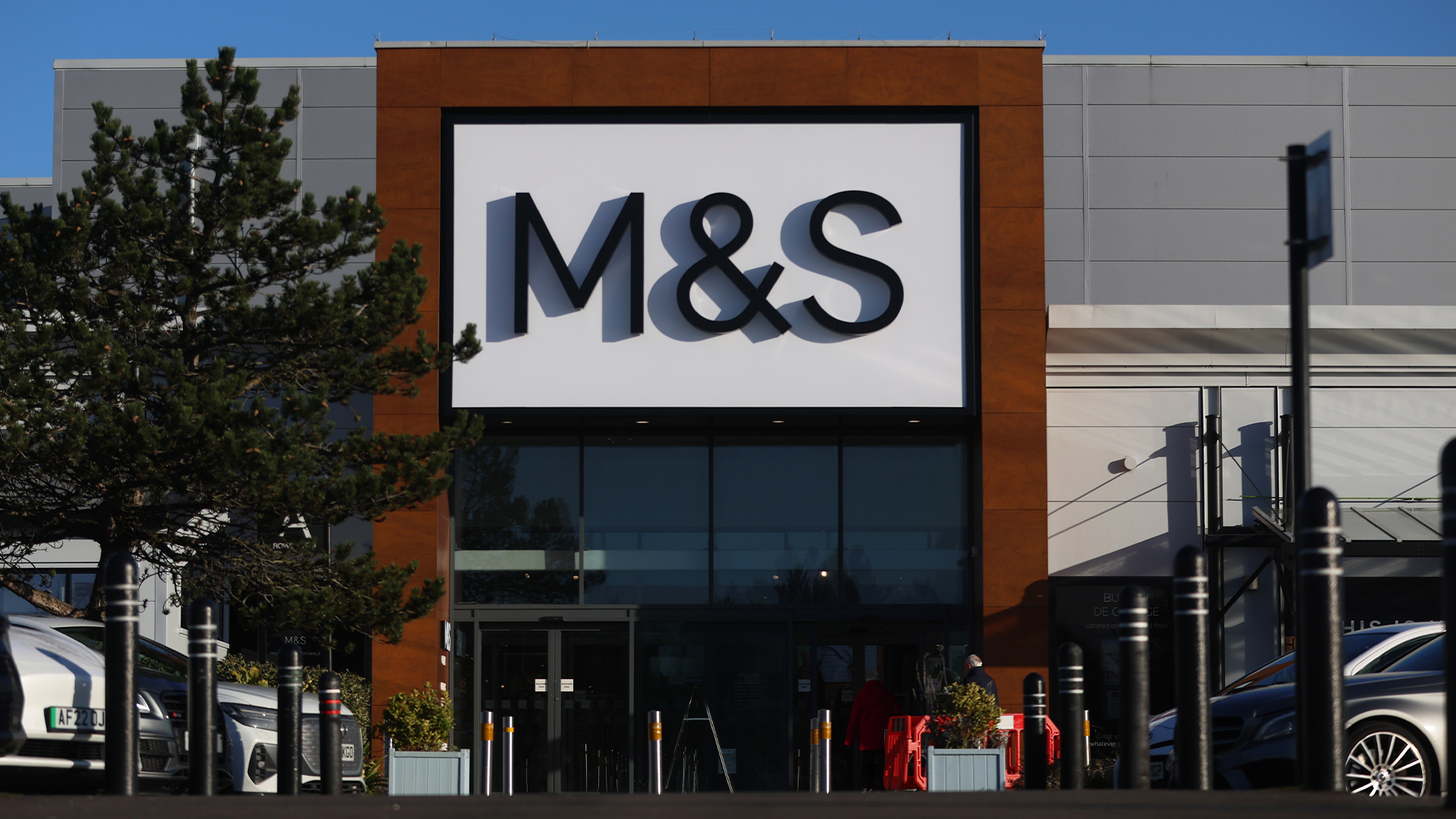 M&S suspends online sales as 'cyber incident' continues
M&S suspends online sales as 'cyber incident' continuesNews Marks & Spencer (M&S) has informed customers that all online and app sales have been suspended as the high street retailer battles a ‘cyber incident’.
By Ross Kelly
-
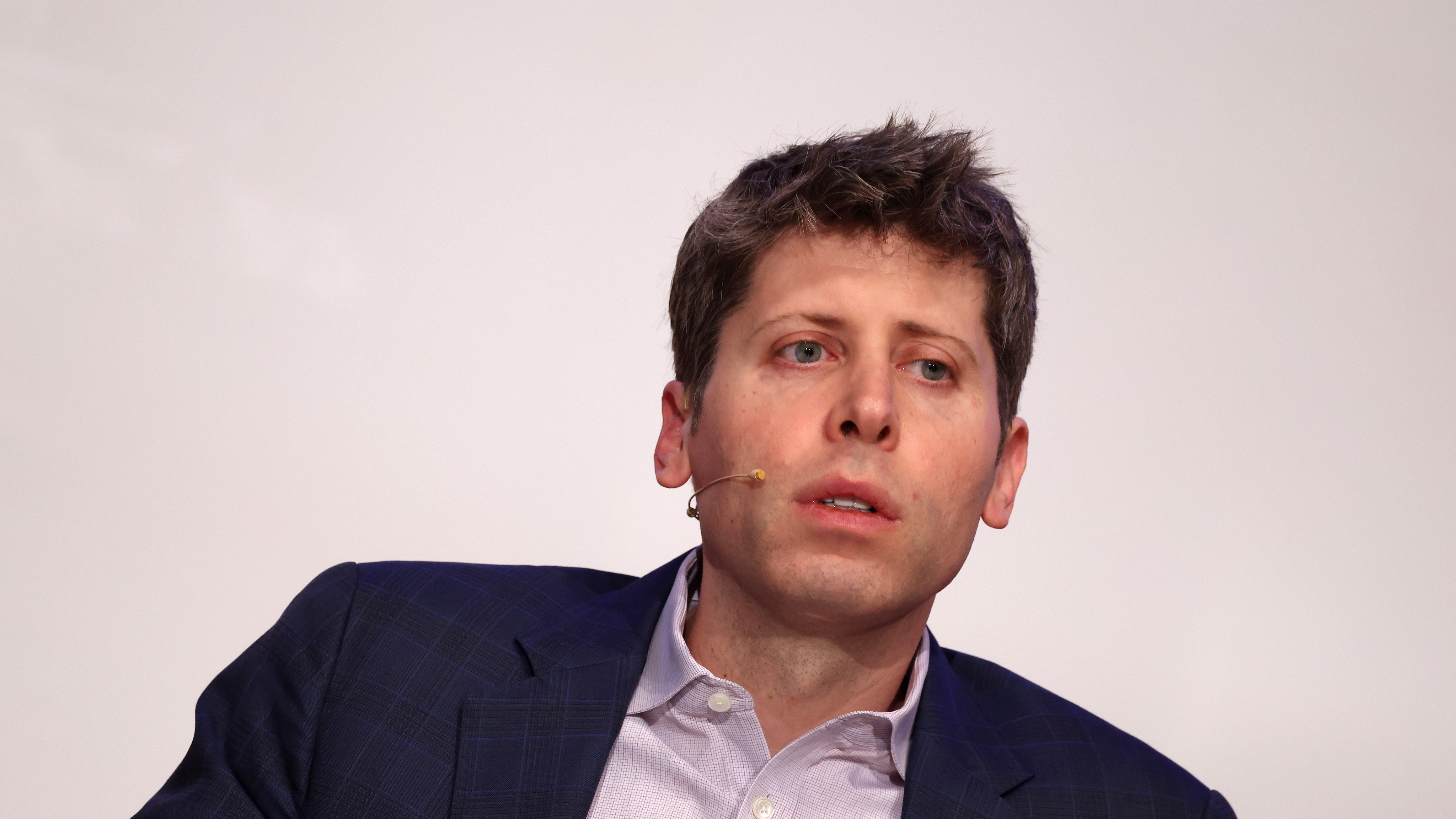 Manners cost nothing, unless you’re using ChatGPT
Manners cost nothing, unless you’re using ChatGPTOpinion Polite users are costing OpenAI millions of dollars each year – but Ps and Qs are a small dent in what ChatGPT could cost the planet
By Ross Kelly
-
 Microsoft says workers should believe the hype with AI tools: Researchers found Copilot users saved three hours per week sifting through emails, gained more focus time, and completed collaborative tasks 20% faster
Microsoft says workers should believe the hype with AI tools: Researchers found Copilot users saved three hours per week sifting through emails, gained more focus time, and completed collaborative tasks 20% fasterNews Using AI tools paid dividends for some workers, but alternative research shows it could create problems for others down the line.
By Ross Kelly
-
 Third time lucky? Microsoft finally begins roll-out of controversial Recall feature
Third time lucky? Microsoft finally begins roll-out of controversial Recall featureNews The Windows Recall feature has been plagued by setbacks and backlash from security professionals
By Emma Woollacott
-
 Microsoft launches new security AI agents to help overworked cyber professionals
Microsoft launches new security AI agents to help overworked cyber professionalsNews Microsoft is expanding its Security Copilot service with new AI agents to help overworked IT teams deal with surging security threats.
By Bobby Hellard
-
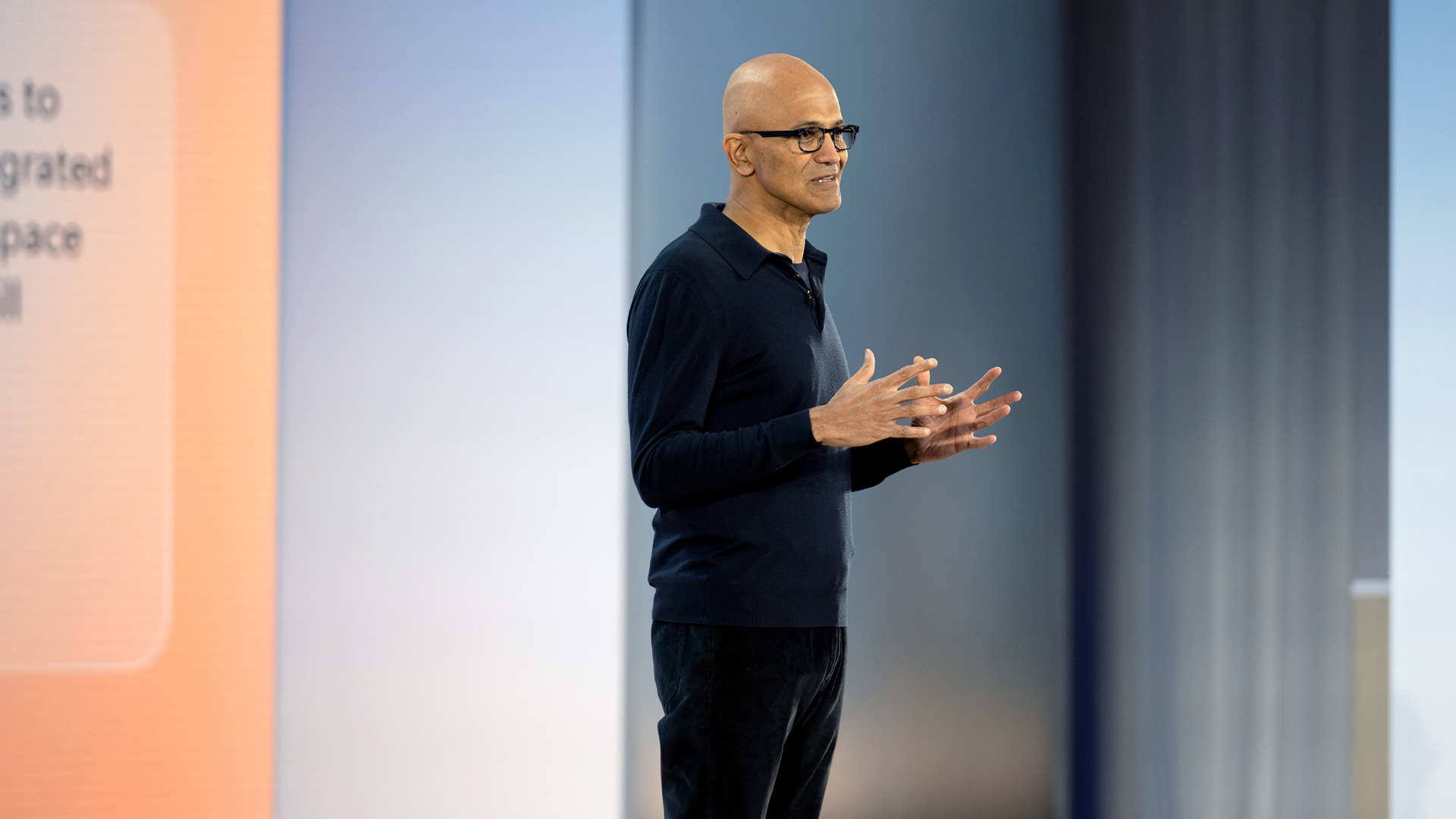 ‘The entire forecasting business process changed’: Microsoft CEO Satya Nadella says Excel changed the game for enterprises in 1985 – he’s confident AI tools will do the same
‘The entire forecasting business process changed’: Microsoft CEO Satya Nadella says Excel changed the game for enterprises in 1985 – he’s confident AI tools will do the sameNews The Microsoft CEO says we need to change how we measure the value of AI
By George Fitzmaurice
-
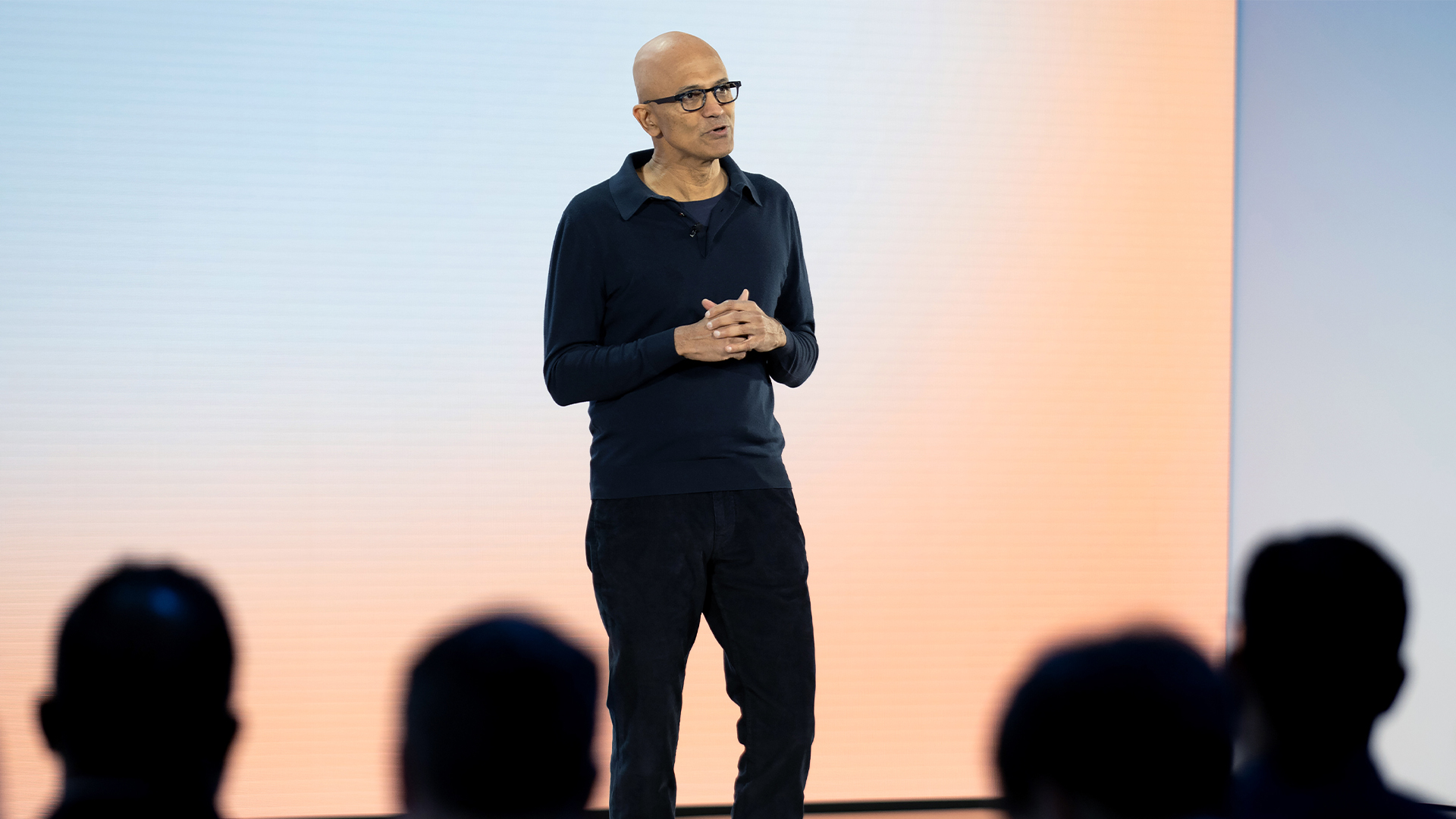 ‘We’ve created an entirely new state of matter’: Satya Nadella hails Microsoft’s 'Majorana' quantum chip breakthrough
‘We’ve created an entirely new state of matter’: Satya Nadella hails Microsoft’s 'Majorana' quantum chip breakthroughNews Microsoft has unveiled a new chip it says could deliver quantum computers with real-world applications in ‘years, not decades'.
By Emma Woollacott
-
 Microsoft says AI tools such as Copilot or ChatGPT are affecting critical thinking at work – staff using the technology encounter 'long-term reliance and diminished independent problem-solving'
Microsoft says AI tools such as Copilot or ChatGPT are affecting critical thinking at work – staff using the technology encounter 'long-term reliance and diminished independent problem-solving'News Research from Microsoft suggests that the increased use of AI tools at work could impact critical thinking among employees.
By Nicole Kobie
-
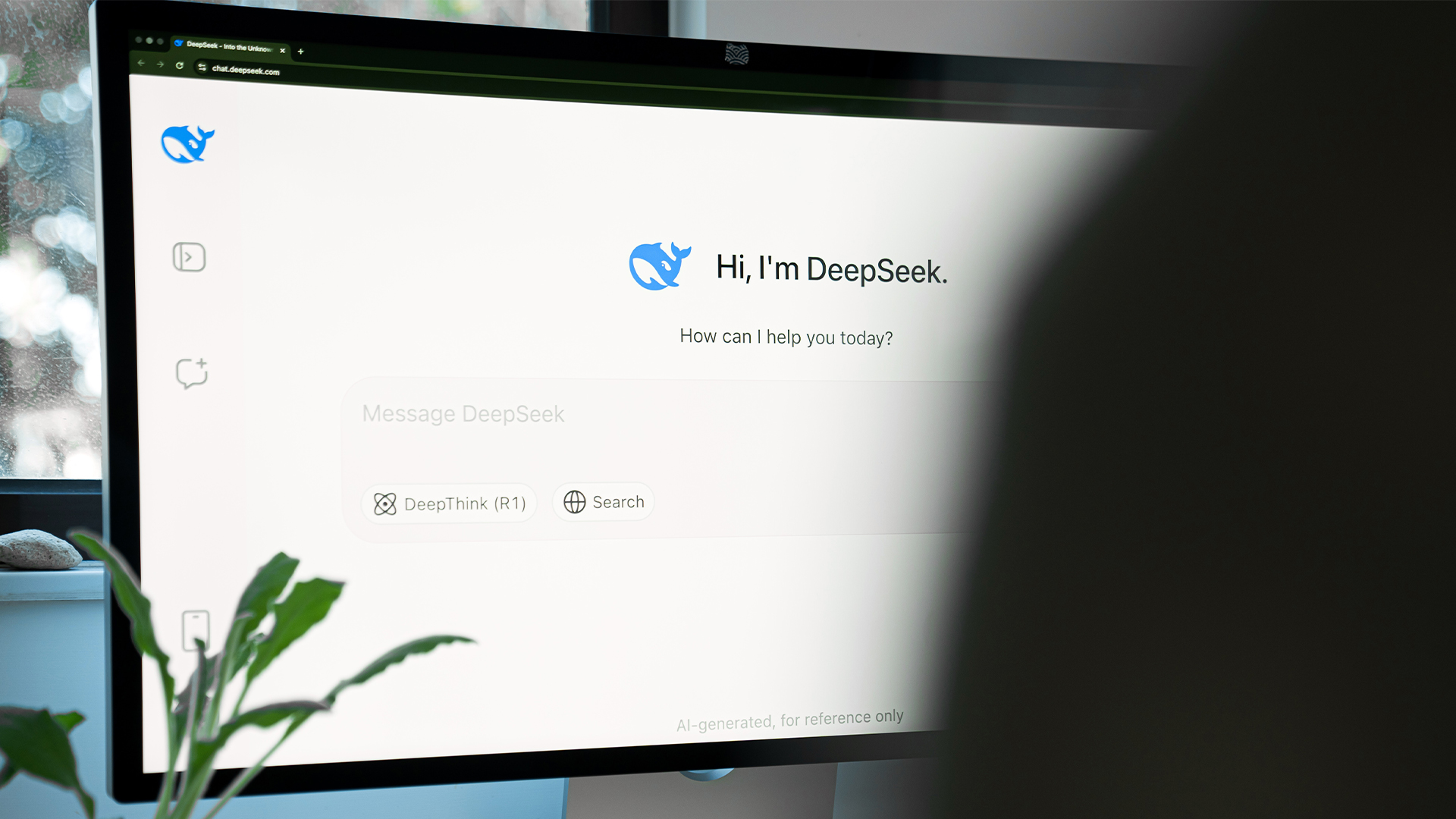 The DeepSeek bombshell has been a wakeup call for US tech giants
The DeepSeek bombshell has been a wakeup call for US tech giantsOpinion Ross Kelly argues that the recent DeepSeek AI model launches will prompt a rethink on AI development among US tech giants.
By Ross Kelly
-
 OpenAI unveils its Operator agent to help users automate tasks – here's what you need to know
OpenAI unveils its Operator agent to help users automate tasks – here's what you need to knowNews OpenAI has made its long-awaited foray into the AI agents space
By Nicole Kobie